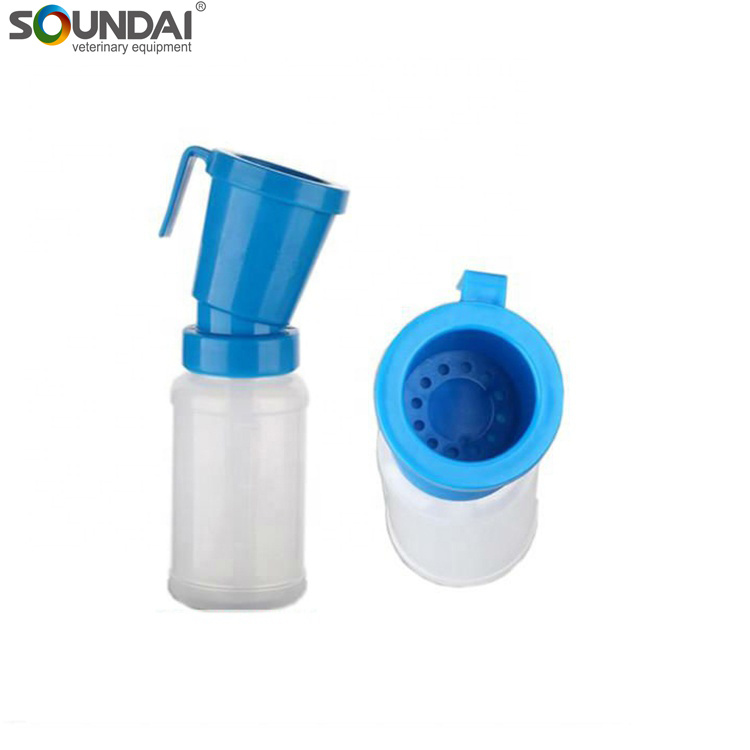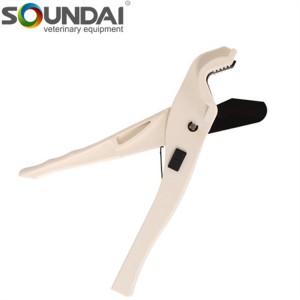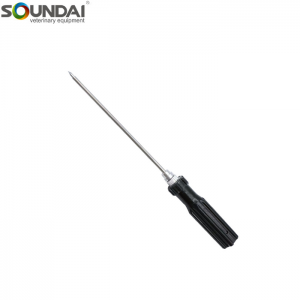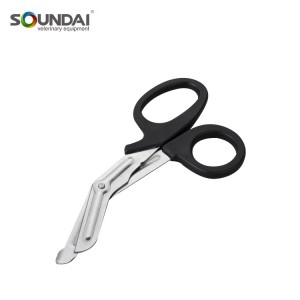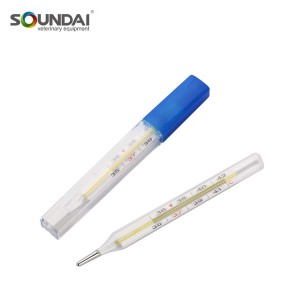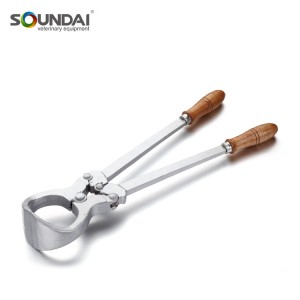Description
Cows are constantly exposed to outdoor environments, which increases the risk of bacterial contamination of the teats. This exposure can lead to the growth and spread of harmful bacteria, jeopardizing the safety and quality of the milk produced. To reduce this risk, it is necessary to thoroughly sanitize the cow's teats before and after each milking. Teat dipping is to immerse the cow's teats in a specially prepared disinfecting solution. The solution contains antimicrobial agents that effectively kill any bacteria present on the teats. By eliminating harmful microorganisms, the process helps maintain a clean and hygienic milking environment. Regular disinfection of the teats of dairy cows is particularly important to prevent the occurrence of mastitis. Mastitis is a common udder infection that can significantly affect milk production and quality. Teat dips not only prevent bacteria from entering the teat holes during milking, but also help to remove any existing bacterial contamination. This proactive approach significantly reduces the likelihood of mastitis and safeguards the overall health of the herd. For teat dipping, the cow's udder and teats are thoroughly cleaned and then immersed in a sanitizing solution. Gently massage the cow's teats to ensure full coverage and contact with the solution. This process allows the sanitizer to penetrate the teat pores and eliminate any potential pathogens. It is crucial to maintain strict hygiene protocols when taking nipple dips.
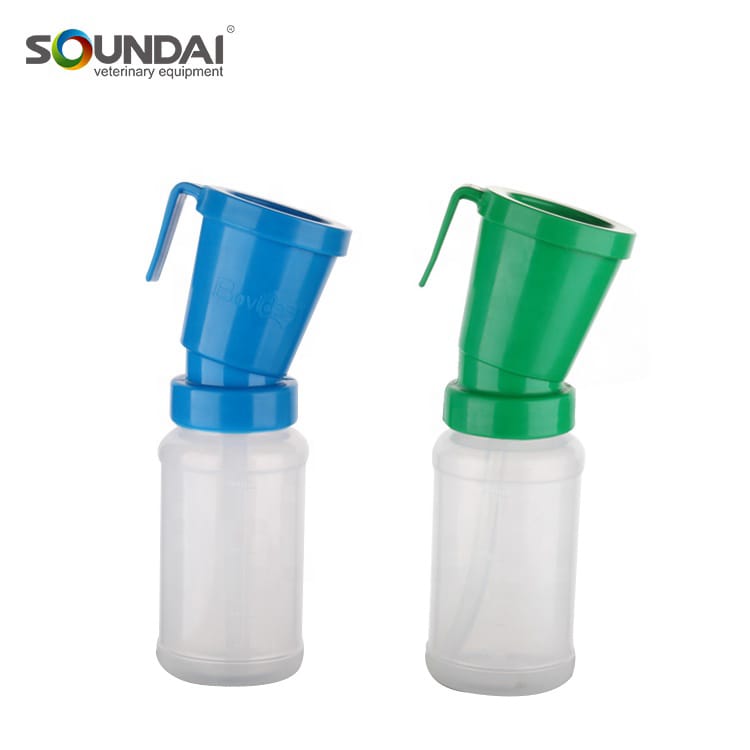
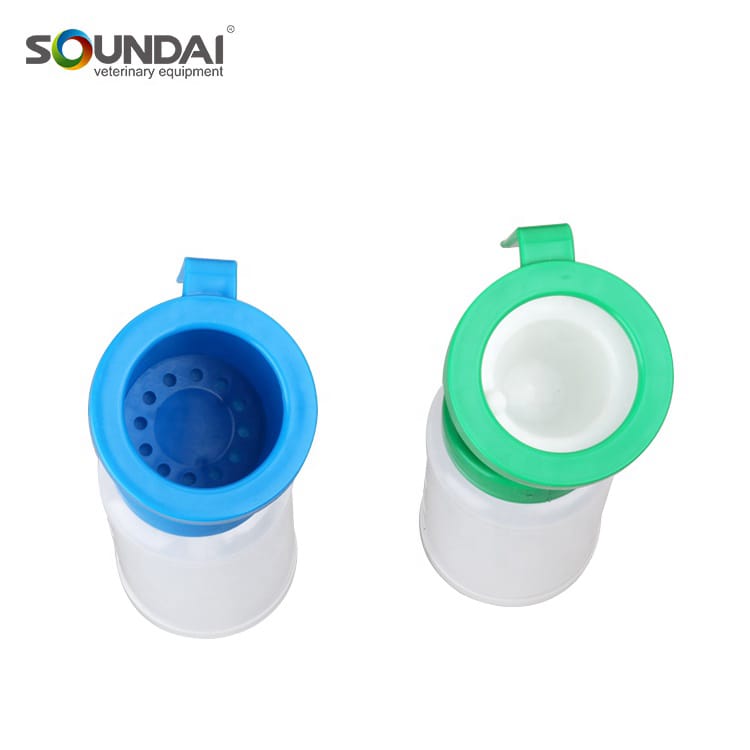
Clean and sanitized equipment should be used and sanitizing solutions prepared according to recommended guidelines. In addition, the teats of cows should be monitored and evaluated regularly for any signs of infection or abnormalities. To sum up, teat dipping is an important measure to ensure the safety and quality of milk production in dairy cow management. By effectively sanitizing cow teats before and after milking and during dry-off, the risk of bacterial contamination and mastitis can be significantly reduced. Implementing proper sanitation protocols and monitoring procedures along with teat dips will help keep the herd healthy and productive.
Package: Each piece with one poly bag,20 pieces with export carton.

